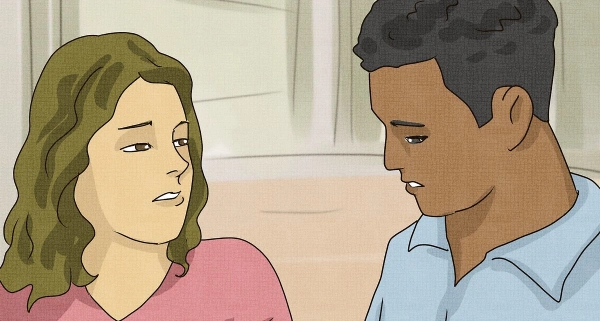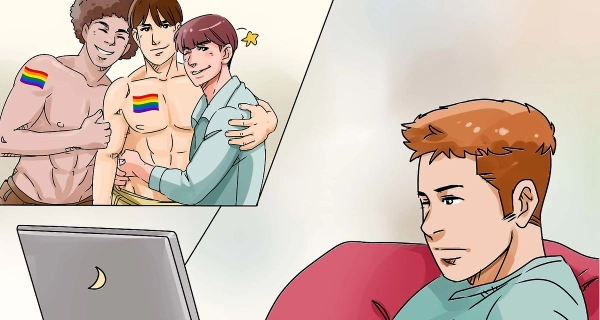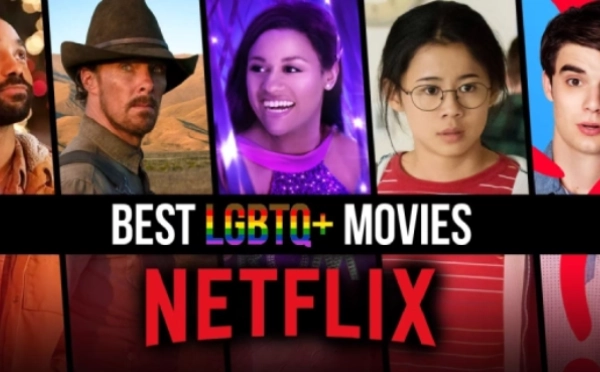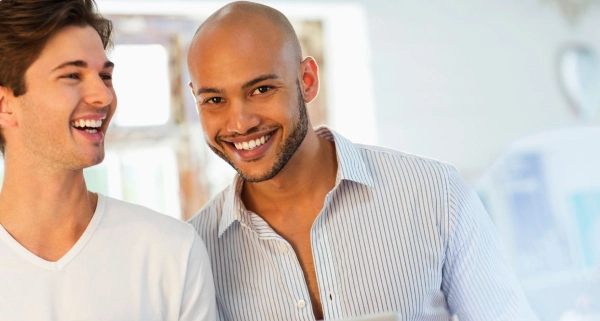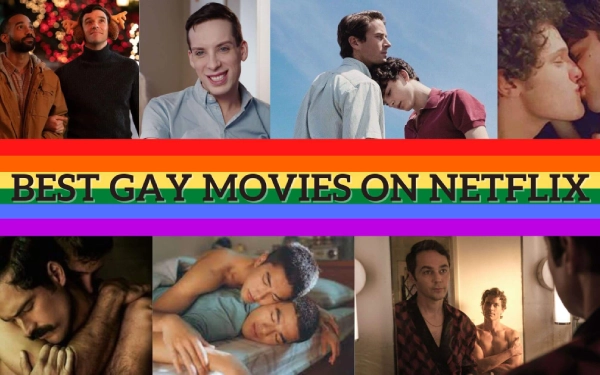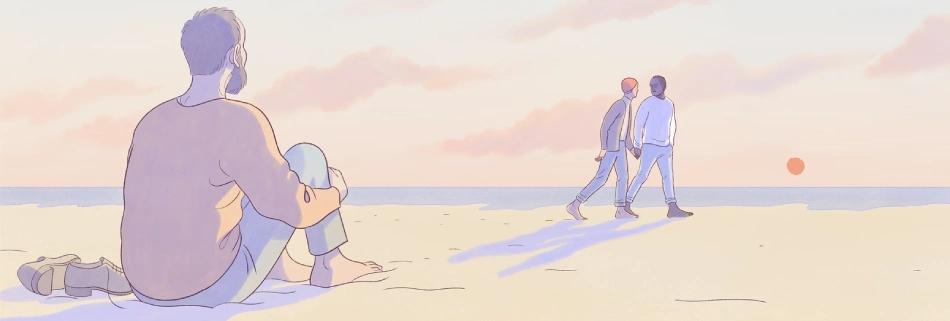
- › The Hidden Epidemic of Loneliness
- › Navigating the Maze of Loneliness in the Gay Community
- › Understanding the Root Causes of Gay Loneliness
- › The Impact of Gay Hookup Culture and the Pressure
- › The Role of Social Media and Technology in Exacerbating Feelings of Isolation
- › Strategies for Combating Gay Loneliness
Loneliness is an emotion universally experienced by humans across the globe, but it carries a particularly poignant resonance within the LGBTQ+ community. As individuals negotiate their identities and come to terms with their sexual orientations, they often grapple with feelings of isolation, alienation, and loneliness. This is particularly true for individuals who identify as gay, who often find themselves wrestling with an increased sense of solitude, grappling with feelings that can have profound impacts on mental health.
The Hidden Epidemic of Loneliness
The conversation about mental health has thankfully expanded in recent years, but the specific issue of loneliness within the gay community remains somewhat overlooked. Despite the tremendous strides made towards acceptance and equality, many gay individuals often find themselves feeling alone, even within spaces that are intended to be inclusive and supportive. Loneliness, unfortunately, isn't always visible to the naked eye and can remain hidden behind the facade of a well-adjusted, successful life.
Navigating the Maze of Loneliness in the Gay Community
The path through loneliness and towards mental wellbeing often feels like navigating a complex maze, particularly in the context of the gay experience. Factors such as internalized homophobia, fear of rejection, and societal stigma can exacerbate feelings of loneliness, leading to significant mental health challenges. In the face of these hurdles, it is critical to highlight the tools and resources available to help individuals traverse this intricate landscape.
In this article, we will discuss these complexities in depth, focusing on the implications of loneliness on mental health within the gay community. We will also explore potential solutions, including building robust support networks, seeking professional help, and fostering a culture of acceptance and understanding.
Understanding the Root Causes of Gay Loneliness
Gay loneliness is a complex issue that has a variety of root causes. One of the primary causes is societal stigma and discrimination. For generations, the LGBT+ community has been marginalized and oppressed, leading to feelings of isolation and loneliness.
In many parts of the world, homophobia and transphobia are still prevalent, which can lead to discrimination in the workplace, housing, and healthcare. This can create a sense of fear and anxiety, making it difficult for many LGBT+ individuals to form meaningful relationships or social connections.
Additionally, many LGBT+ individuals may experience rejection or hostility from their families and communities, which can further exacerbate feelings of loneliness and isolation. This can be particularly difficult for young people who are still coming to terms with their sexual orientation or gender identity.
It's also worth noting that the dating scene can be particularly challenging for LGBT+ individuals. Many dating apps and websites can be hostile or unwelcoming to queer individuals, leading to further feelings of loneliness and isolation.
Overall, the root causes of gay loneliness are complex and multifaceted. Addressing these issues requires a concerted effort from individuals, communities, and governments to create a more inclusive and accepting society. By working together, we can help to alleviate the isolation and loneliness that many LGBT+ individuals experience.
The Impact of Gay Hookup Culture and the Pressure
One factor that contributes to gay loneliness is the impact of hookup culture and the pressure to conform to certain standards of attractiveness. In the gay community, there is often a focus on physical appearance and sexual attraction. This can lead to a culture of hookups and casual sex, which can leave individuals feeling empty and disconnected.
Moreover, the pressure to conform to certain standards of attractiveness can be overwhelming. Social media and dating apps often perpetuate these standards, with filters and editing tools making it easier to present an idealized version of oneself. This can lead to feelings of inadequacy and low self-esteem, as individuals may feel that they do not measure up to the perceived standards of attractiveness.
The combination of hookup culture and the pressure to conform to certain standards of attractiveness can be damaging to mental health and contribute to feelings of loneliness and isolation. It is important for individuals to prioritize their own well-being and to seek out meaningful connections and relationships based on more than just physical attraction.
The Role of Social Media and Technology in Exacerbating Feelings of Isolation
Social media and technology have become an integral part of our daily lives, but they can also contribute to feelings of loneliness and isolation. For members of the LGBTQ+ community, social media can be both a source of connection and a reminder of the distance between them and their peers.
While social media platforms provide a way for LGBTQ+ individuals to connect with others who share their experiences, they can also create a sense of competition and comparison. Seeing others' seemingly perfect lives and relationships can exacerbate feelings of loneliness and inadequacy.
Moreover, technology has made it easier to avoid face-to-face interactions, leading to a decrease in genuine connections. For example, online dating apps can provide a way to meet potential partners, but they can also create a culture of superficiality and objectification.
To combat these negative effects, it's important for LGBTQ+ individuals to seek out in-person connections and support systems. This can include joining LGBTQ+ organizations, attending events, and seeking therapy or counseling. It's also important to take breaks from social media and technology to focus on building real-world relationships.
Strategies for Combating Gay Loneliness
Gay loneliness can be a challenging and isolating experience. However, there are several strategies that can help combat these feelings and promote a sense of community and connection.
One of the most effective ways to combat gay loneliness is by building a strong support network. This can include friends, family, and community members who are supportive and understanding of your experiences. By connecting with others who share similar experiences and challenges, you can feel less alone and more understood.
Seeking therapy can also be a helpful strategy for combating gay loneliness. A therapist can provide a safe and supportive space for you to explore your feelings and develop coping strategies for managing loneliness and isolation. They can also help you identify any underlying issues that may be contributing to your feelings of loneliness and help you develop a plan for addressing these issues.
Engaging in community activities is another effective strategy for combating gay loneliness. This can include attending LGBTQ+ events, joining social groups or clubs, and volunteering with organizations that support the LGBTQ+ community. By engaging with others in your community, you can build meaningful connections and feel a sense of belonging.
Overall, combating gay loneliness requires a multifaceted approach that involves building a support network, seeking therapy, and engaging in community activities. By taking these steps, you can develop a sense of connection and belonging that can help alleviate feelings of loneliness and isolation.

